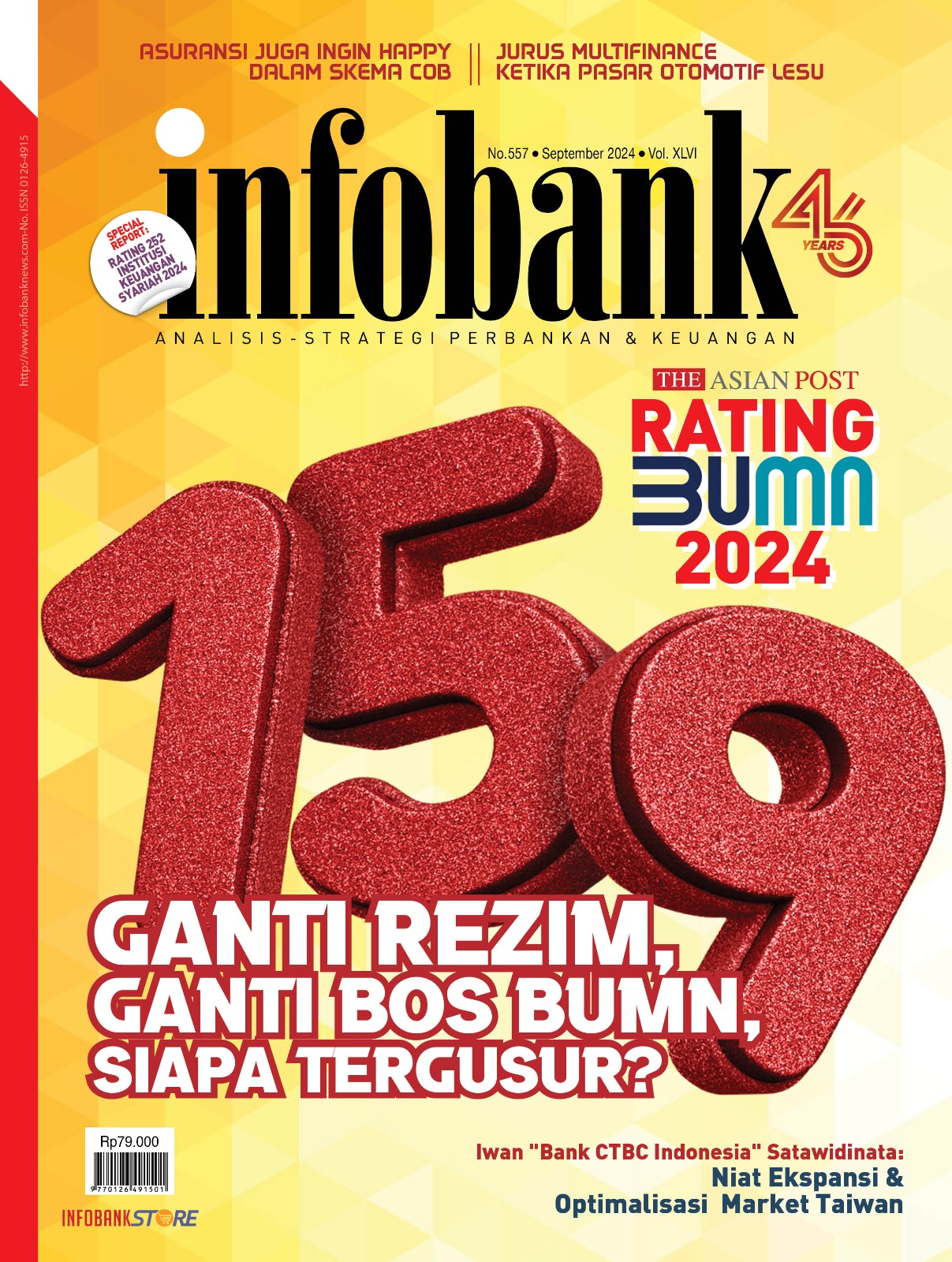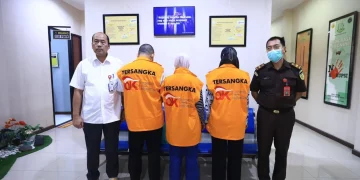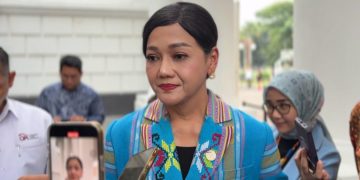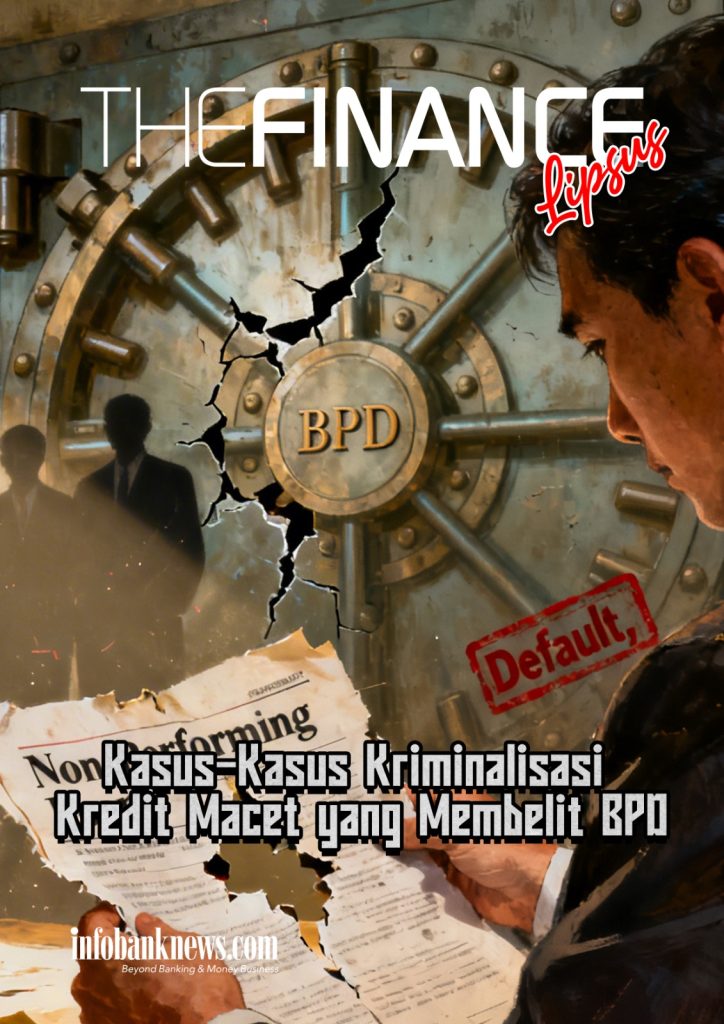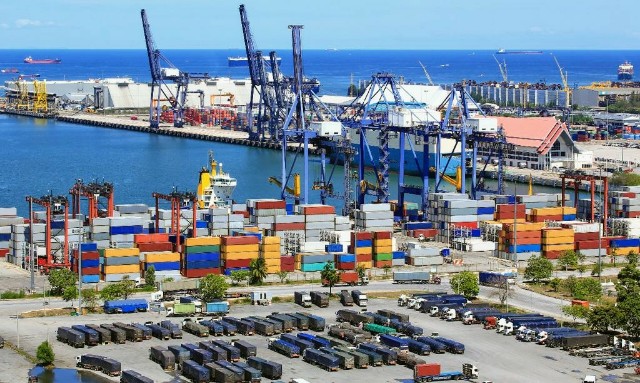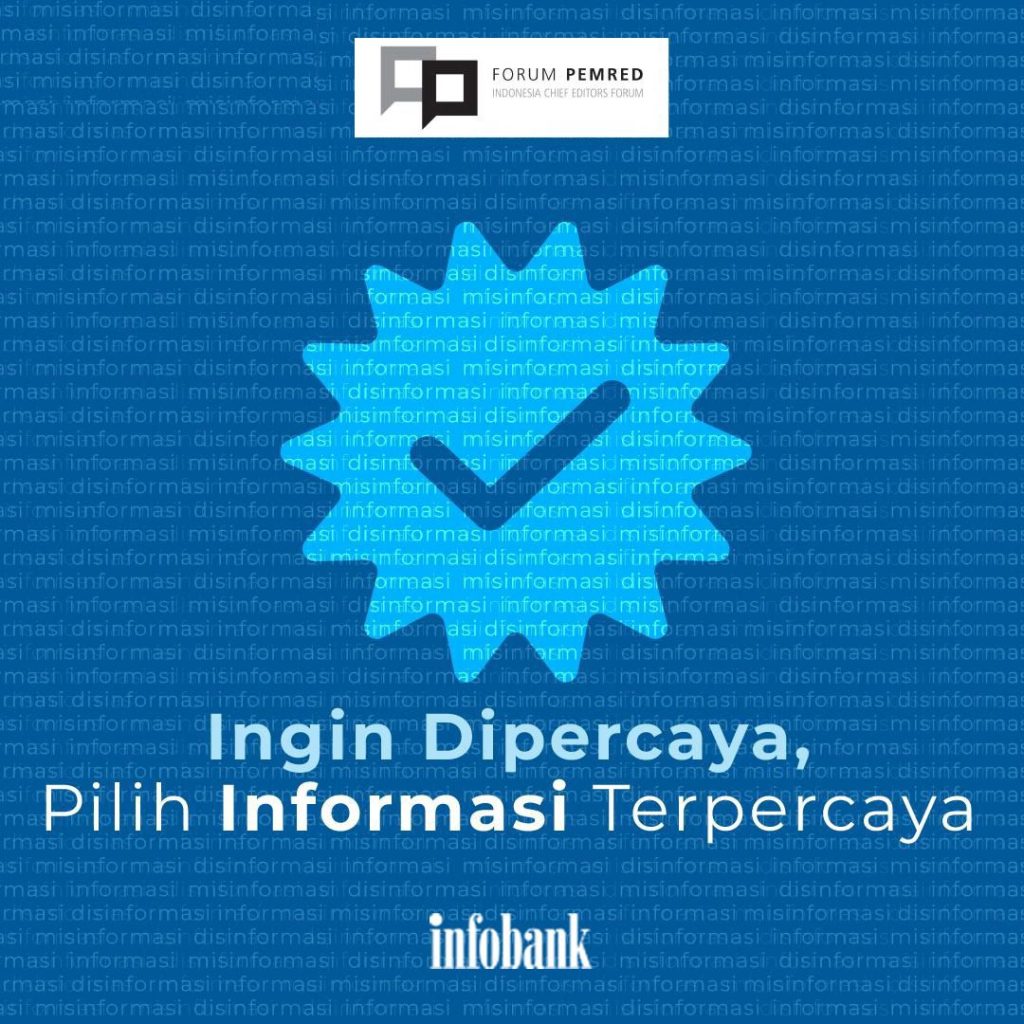IN October, President Joko Widodo (Jokowi) will step down by leaving a “promise debt” of 7 percent economic growth. This is because economic growth over 10 years from 2014-2023 averaged only 4.11 percent per year. Jokowi’s promise to carry out a bureaucratic mental revolution was only limited to “omon-omon”.
The bureaucratic ecosystem and the business world are even more riddled with corruption. The Corruption Eradication Commission (KPK) noted that the number of corruption crimes from 2014 to 2023 reached 1,512, with the most cases ranked 601 in the city district government, 474 in ministries / agencies, 196 in provincial governments, 143 in BUMN and BUMD, and 76 in the DPR. Finally, the corruption case of the Rp271 trillion Timah mine and the Attorney General’s Office have named 22 suspects.
To spur economic growth, Jokowi has mobilized various state resources, one of which is state-owned enterprises (SOEs), which are led to become agents of development. Over the past 10 years, SOEs have been bombarded by political and bureaucratic interventions, making it difficult for leaders in SOEs to work independently and be results-oriented. They are bound by the whims of the government.
Read also: Here Are 5 Sectors that Contribute Jumbo Dividends
The key performance indicator of SOE administrators is no longer just financial performance but rather political relations. An example is Sigit Winarto who led Istaka Karya from 2017-2022. Although considered a failure because Istaka Karya under his leadership later went bankrupt, he got a seat at another state-owned company, namely at the Jakarta Industrial Estate Pulogadung.
Since SOEs are used as a platform to place people in the ruling circle, do not be surprised if the performance of SOEs is mediocre. After recording a record-high profit of Rp348.74 trillion in 2022, it slumped again to Rp313.59 trillion in 2023. Sadly, SOEs continue to rely on state finances through large injections of state capital investment (PMN).
According to data from the Ministry of Finance, during the period 2019 to 2023, or while the Ministry of SOEs was led by Erick Thohir, the total amount of PMN injected by the state reached IDR 263.79 trillion. Meanwhile, the dividends received from SOEs in that period amounted to IDR279.70 trillion. After deducting PMN, the net dividend pocketed by the state was only IDR 15.91 trillion.
If calculating for 10 years from 2014-2023, the total PMN injected into SOEs reached IDR 401.37 trillion. Meanwhile, the dividends received by the state from SOEs accumulatively amounted to IDR 452.43 trillion. After deducting PMN, during the 10 years of Joko Widodo’s administration, the state only received net dividends of IDR51.06 trillion. That’s the net dividend contribution from 159 state-owned companies whose finances have been full of “political mud” for 10 years.
Read also: BCA Leaks Dividend for Financial Year 2024, Will it be Bigger?
Try comparing the dividends of a private company such as Bank Central Asia (BCA) owned by the Djarum Group. In the same period or 2014-2023, BCA’s accumulated profits amounted to Rp280.92 trillion. Meanwhile, the dividends paid by BCA during the 10 years amounted to Rp129.94 trillion. Although the share ownership portion is only 55 percent, Djarum can pocket dividends of Rp71.46 trillion. Greater than the net dividends received by the state from 159 state-owned companies.
Why are state-owned companies less efficient and profitable than private companies? Why do SOEs continue to rely on state finances through injections of state capital investment? What is the performance of 159 state-owned companies according to The Asian Post 2024 SOE Rating in Infobank Magazine Number 557 September 2024?


